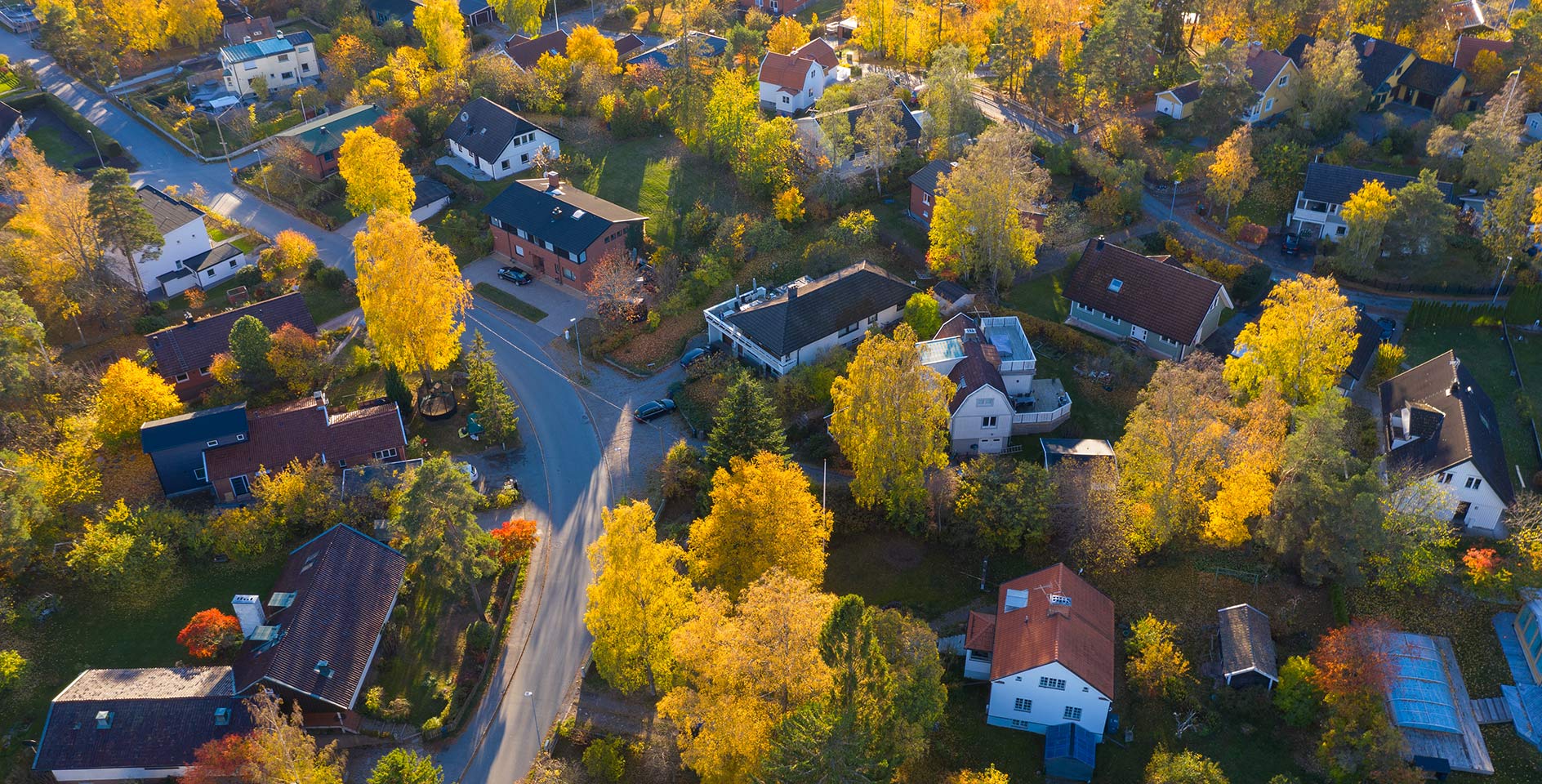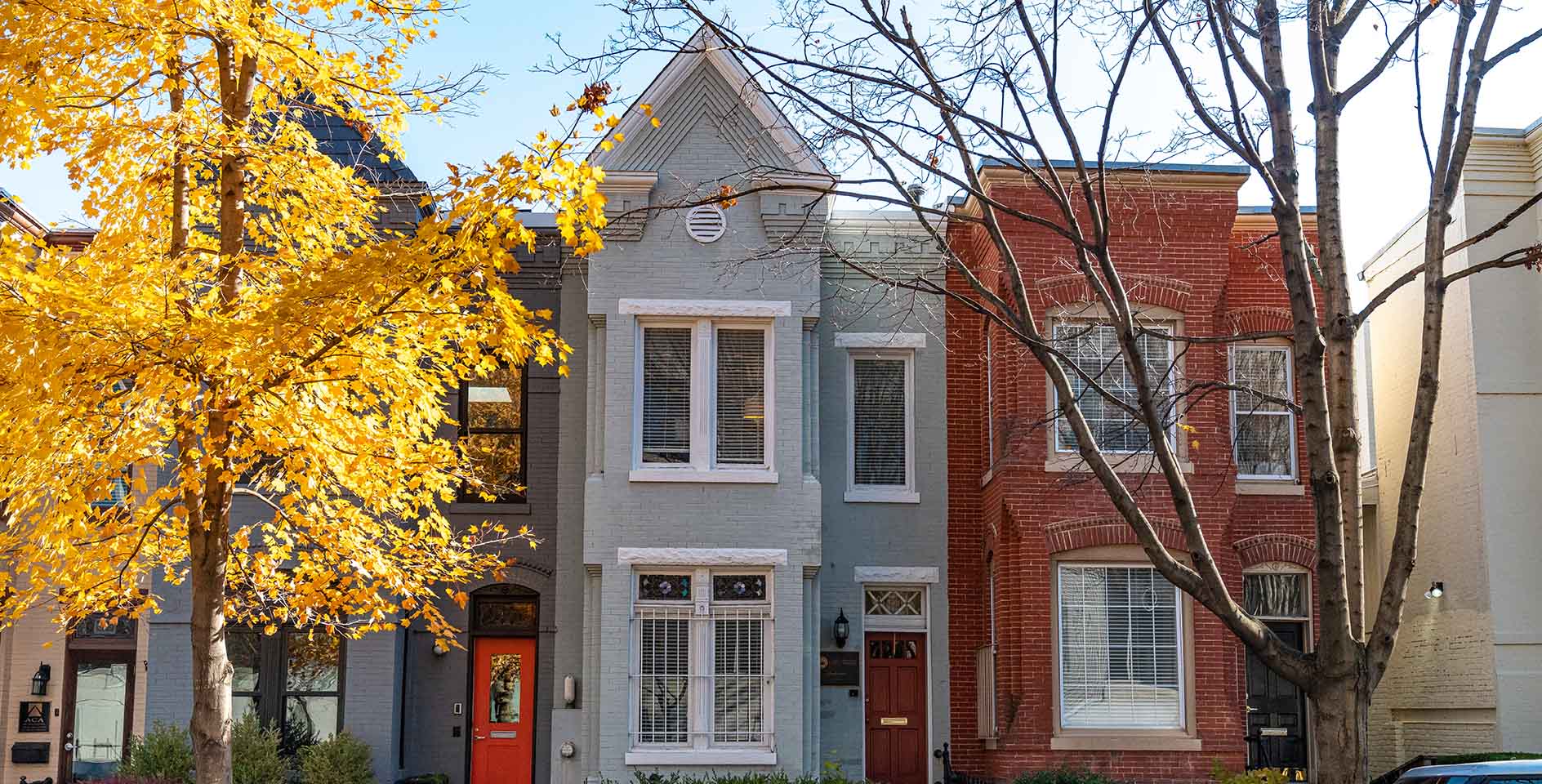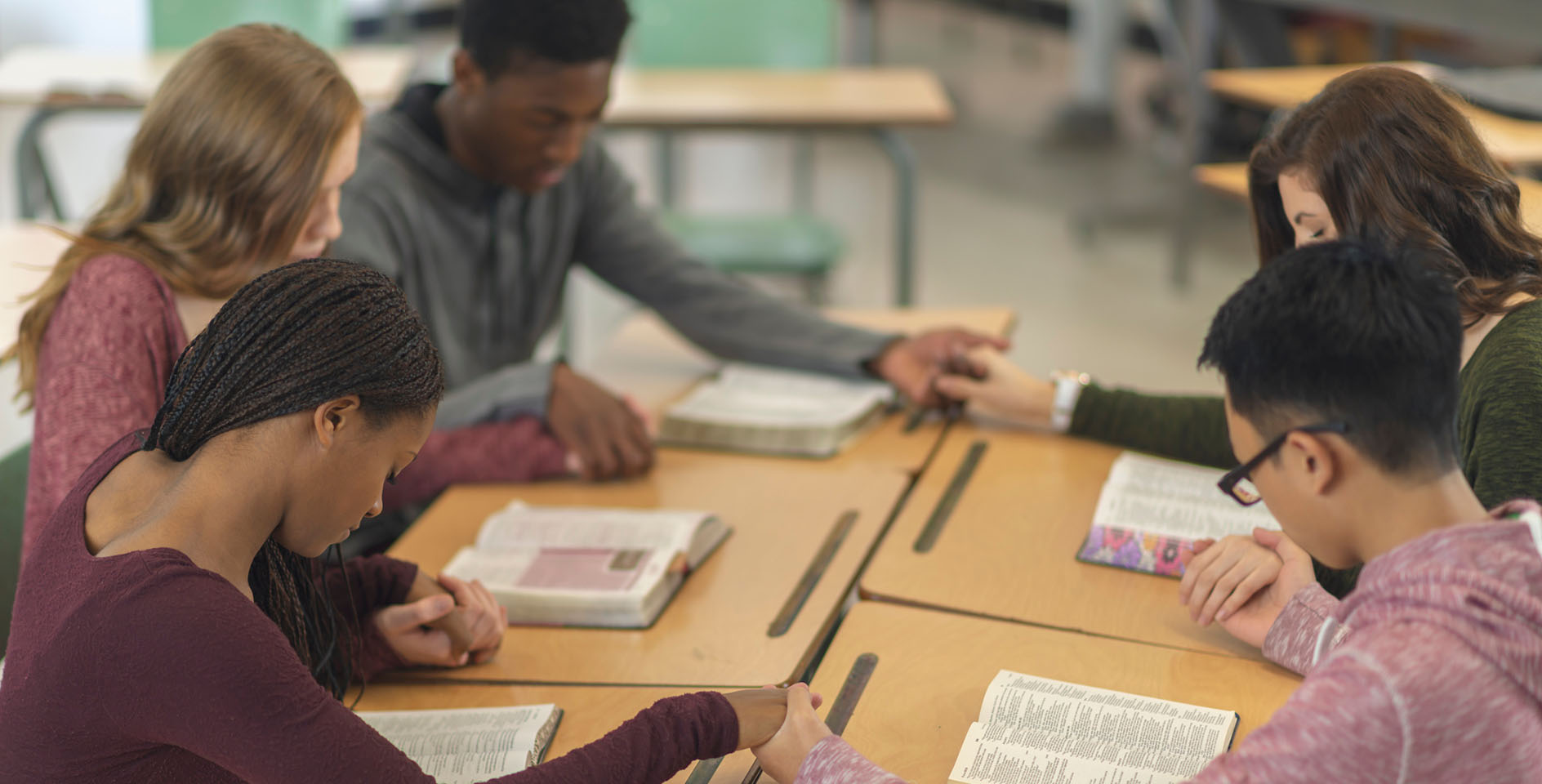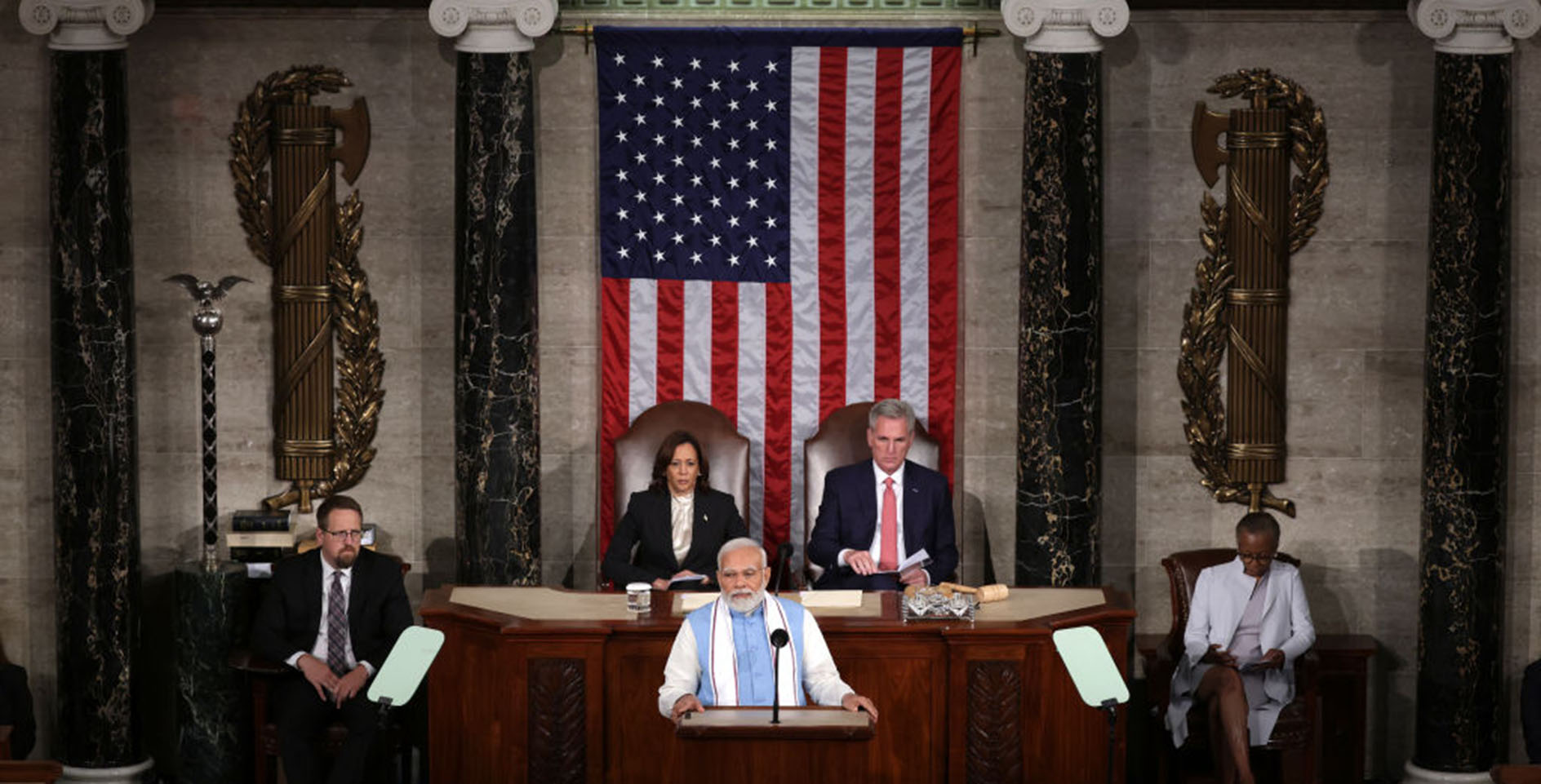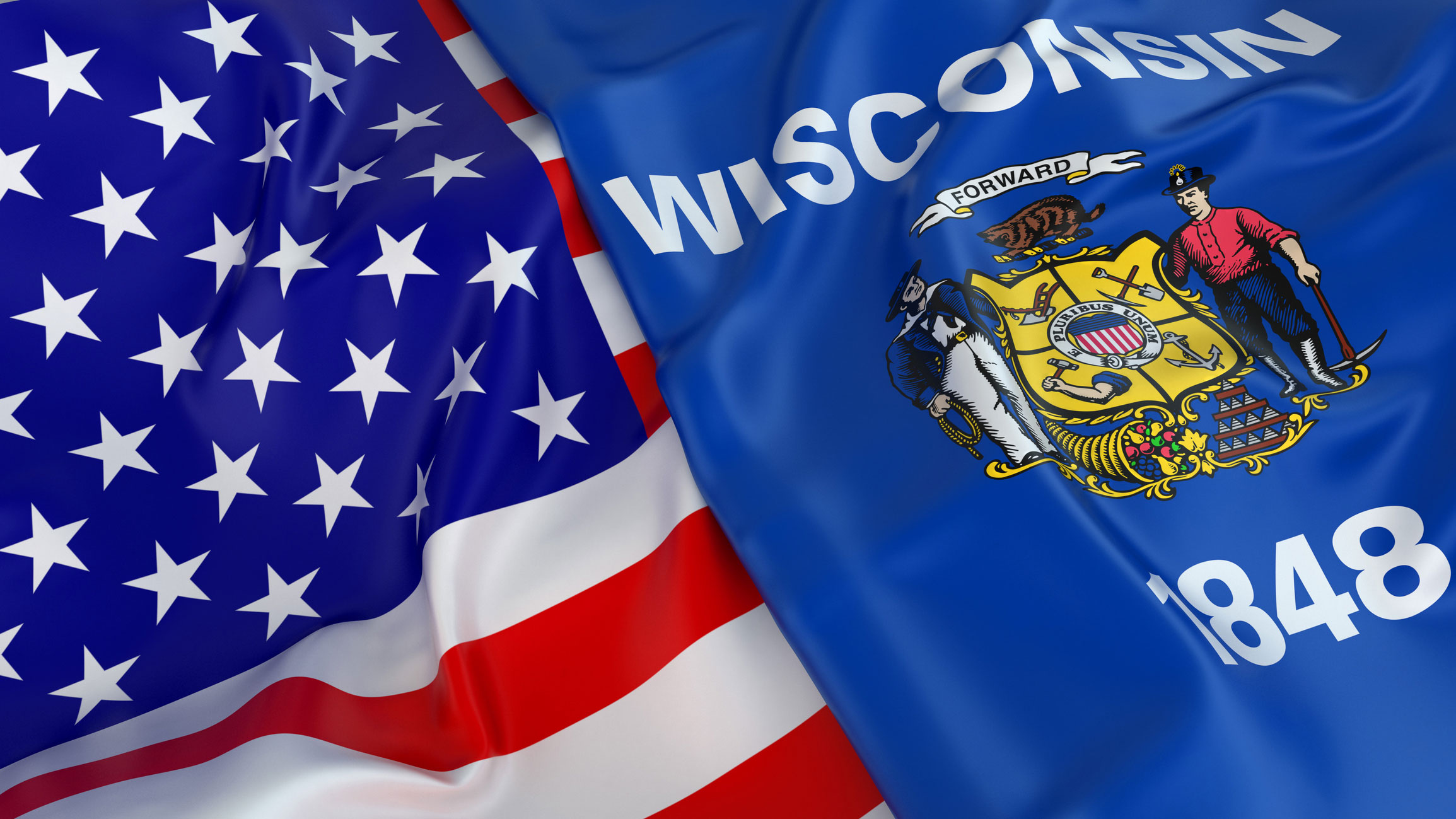America is facing a pandemic. Experts have called the novel coronavirus (COVID-19) a once-in-a-generation pathogen. Others have likened the disease to the H2N2 virus that killed more than a million people between 1957-58, and not far from memory is the even more devastating Spanish Flu of 1918 that was responsible for an estimated 50 million deaths worldwide. It is still too early to determine the possible death toll or the extent of the devastation that will stem from COVID-19. What we do know, however, is that right now medical professionals, scientists, researchers, and governments across the world are marshalling every available resource to confront this crisis and slow the spread of the virus.
These are truly harrowing and perilous times. Though it took longer for the coronavirus to find its way to the United States than to other countries, over the last few weeks life in many parts of our nation has been fundamentally upended as the number of infections has multiplied exponentially. Here in Tennessee, it has barely been 10 days since the first case was discovered near Nashville. And since that time, things have changed dramatically. Life in the Nashville-Metro has ground to a halt. Restaurants and coffee shops are mostly empty and have been restricted to serving only carry-out or pickup in many states. Grocery store shelves are bare, with promises to be restocked by public officials and grocery chain executives. Our team at the ERLC has transitioned from our daily in-office routines to remote work.
Only a few weeks ago, few if any of us imagined that the spread of this pathogen would have any measurable impact upon our daily lives, other than perhaps delayed packages from Amazon or certain items being back-ordered or unavailable for a time if they were manufactured in other countries. But today there is no ambiguity. These are unprecedented times. And there are many questions before us, about the present, past, and future—some are practical, others theoretical. But what of the ethical? Below is my attempt to address two relevant ethical questions emerging from this crisis.
Religious liberty
Ever since it first became apparent that efforts at “social distancing” were likely to affect the ability of churches to gather, one of the first questions on the minds of many pastors and ministry leaders were concerns about religious liberty. These questions became even more pronounced last week after the governor of Kentucky specifically urged churches to suspend their services, and to do so almost immediately. At the time, his request appeared premature to many observers. I know this because the day of his press conference our organization received a great deal of inquiries from pastors in Kentucky and elsewhere about these concerns. Less than a week later, guidance from the White House Coronavirus Task Force urged citizens to avoid gatherings of more than 10 people.
Under these circumstances churches are unable to assemble. But should they comply or protest these directives as a breach of religious freedom? LifeWay Voices published an excellent article on this topic. There is no need to rehearse the entirety of the arguments here. But it is worth noting a few of the essential ideas wrapped up in the question of whether or not churches should respect the state’s authority to request or compel religious organizations not to gather. After all, Baptists have recognized since the beginning of our movement the importance of religious freedom. The right of all people to worship according to the dictates of their conscience apart from government interference is fundamental to the Baptist faith and its conception of the proper relationship between the individual and the state.
Even so, the New Testament clearly teaches that government is ultimately an instrument established by God for the purpose of upholding justice and punishing evil (Rom. 13:1-7). And because government is indeed responsible for upholding the cause of justice, bound up in this responsibility is the authority to protect and maintain civil order (1 Pet. 2:13-14). While government in no way possesses the competence to direct the spiritual affairs or worship of the church, it does possess the authority to regulate life in the civic realm. Jesus himself acknowledges this in the famous illustration on Caesar’s coin—civil government has jurisdiction in the civil realm. (Matt. 22:15-22).
Due to the threat of COVID-19, the gathering of large assemblies has been deemed a public health risk. For this reason, it is not out of bounds for government to ask churches, in extreme cases such as this, to forego their assemblies for a time. Obviously, this is not without danger. (As a conservative I am wary of the precedent.) It is critical to note that the government is not targeting churches or singling out religious gatherings. In this case the government, at various levels, has set forth guidelines or restrictions affecting multiple sectors of society both religious and secular with the specific goal of reducing transmissions. Churches would be right to refuse such instructions intended to curtail the rights and practices of churches or religious bodies exclusively. While we should always remain vigilant, it seems clear the current guidance–and in some cases mandates–does not represent a true incursion upon religious liberty. Christians, therefore, should comply by submitting to the government as it wields its God-given authority for the sake of public health and safety.
Love of neighbor
The second ethical consideration lies even closer to the heart of Christianity. In Luke 10, as Jesus is setting forth the parable of the Good Samaritan, he does so in response to a conversation he shares with a lawyer. The lawyer, seeking to test Jesus, asks what one must do to inherit eternal life. But as he often did, Jesus answers the question with a question, asking “What is written in the Law? How do you read it?” And to this the man gave the now-familiar response, “You shall love the Lord your God with all your heart and with all your soul and with all your strength and with all your mind, and your neighbor as yourself.” Rather than focusing in on this perfect summation of the Law, the lawyer, “seeking to justify himself,” asks Jesus who qualifies as a neighbor.
We should do all we can to stop the spread of this disease by doing as the apostle Paul instructed us, and putting the needs of others ahead of our own (Phil. 2:3).
Jesus offers the parable of the Good Samaritan as an answer to a question about love of neighbor (Luke 10:29). And this has everything to do with where we find ourselves today. Arguably, as COVID-19 was infecting people across the world, many of us were as oblivious as the priest and Levite in Jesus’ parable before they met the man on the road. But as with the priest and the Levite, we have seen with our eyes and are ignorant no longer.
Living in a country that spans the length of a continent has its downfalls. This crisis is national, but it isn’t close to affecting every community to the same degree. Drastic measures that are obviously critical in certain places across the country appear to be an immense overreaction in other communities, which is itself a powerful argument in favor of federalism. But if the experts are correct, and I think we must assume this is the case, then to ignore their pleas is to invite harm, not only upon ourselves but among our neighbors, including friends, children, parents, and grandparents.
In other parts of the world, where the virus has already inflicted tremendous harm, doctors and medical professionals are being faced with the very worst kinds of heart-rending decisions—who to save and who to pass by. Reports from places in Italy and elsewhere have confirmed that doctors and nurses, due to limited resources and overwhelming need, are forced to practice battlefield medicine, making agonizing decisions they should never have to make about caring for those who are infected. (This opens up its own set of moral questions.) And not to put too fine a point on it, but those are the stakes right now. This is the reality our nation is fighting desperately to avoid.
Your actions, and those of your church, your business, and your community could be the difference between life and death, not for one person, but possibly for thousands. The transmission rate of COVID-19 is such that a single infected person can spread the virus exponentially if the proper precautions are not taken. Should the disease continue its rapid spread, it could easily cause our hospitals and healthcare facilities to be overwhelmed so that resources are unavailable to treat everyone in need of care. And so, for the sake of our neighbors, it is critical that we take every possible precaution in order to stem the tide of the virus.
This virus has upended our lives. Combatting this disease has already required immense sacrifice, and there is surely more to come. But as an expert speaking to the The New York Times recently pointed out, “Every single reduction in the number of contacts you have per day with relatives, with friends, co-workers, in school will have a significant impact on the ability of the virus to spread in the population.” So even for those who are young and healthy, these sacrifices are necessary for the sake of the elderly, infirm, and most vulnerable.
Complying with the guidance to combat COVID-19 is a love of neighbor issue. These are unprecedented times, and there is no doubt that the church will be needed in critical ways in the days ahead. Right now, most Christians can do the most good by staying home and adhering closely to the guidance issues from the White House and the CDC. But in the days ahead, new opportunities will emerge for the church to love and serve their neighbors, to meet needs, care for the vulnerable, and show the love of Christ to the world—possibly in ways we’ve not thought of before. In the meantime, we should do all we can to stop the spread of this disease by doing as the apostle Paul instructed us, and putting the needs of others ahead of our own (Phil. 2:3).



